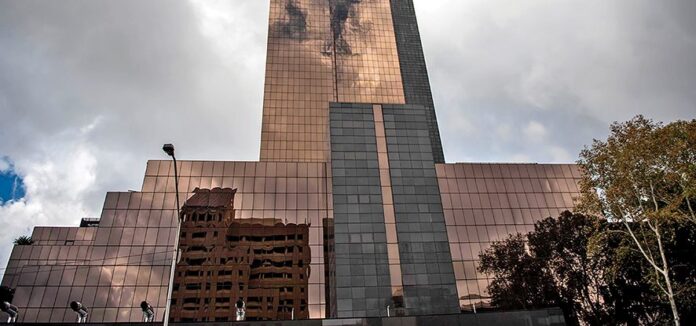Economists have cautioned that government’s plan to lower inflation targeting would result in consumer paying high interest rates on credit for longer periods.
This follows reports that David Masondo, the deputy finance minister, stated at an investment conference this week that they were working very hard to build the right inflation framework and that they will make a statement soon.
The headline consumer price index in the country has a target range of 3% to 6%. This guides the Reserve Bank to increase interest rates when inflation is above 6%.
Between March 2024 and March 2025, inflation cooled from 5.3% to 2.7%.
Independent economist Mandla Maleka criticised the move.
“It’s a big ask considering that inflation has been contained below 6% for the last decade.
“And despite that, interest rates only went south near 3% only once in the corresponding decade.
“Therefore, if we revise the targets, are we saying we will require a parallel response from interest rates?
“I’ll rather keep the targets at current levels until we’ve attained consistent economic growth levels above 3% to 5%. Economic activity amongst consumers, the biggest pushers of inflation, is low. Therefore, it has kept inflation at artificially low levels. Better yet, why tamper with targets in the worst volatile environment since the 2007/8 financial crisis with tariffs dominating the market converse?”
Maleka said he was hoping for a 100 basis point cut when the Reserve Bank announces the interest rate decision later this month. He, however, added that the decision would be driven by effects of the 30% or 10% tariffs impact from the USA.
Another economist, Duma Gqubule, said the standard of living for an average person in South Africa has not improved in 18 years. “They want to tighten the screws of monetary policy in this economic environment, this is absolute madness,” said Gqubule.
He said when the Reserve Bank meets later this month it should cut interest rates by 200 basis points.
However, Azar Jammine, from Econometrix, backed the lowering of inflation targeting, saying it was meant to keep prices of goods lower. “If inflation targeting is reduced it will make it easier eventually to bring down inflation and interest rates to become lower,” said Jammine.
Turning attention to the 2025/2026 national budget speech, which is set to be delivered by Finance Minister Enoch Godongwana on Wednesday, Maleka said the speech was going to be peppered by policy influences of various political parties.
This after Godongwana’s February and March national budget speeches were not approved by opposition parties due to disagreements over how to increase revenue.
Initially Godongwana wanted value-added tax to be raised by two percentage points.
However, due to a fierce backlash, he backed down, later proposing a one percentage point increase with a 0.5% split increase over two financial years, 2025/26 and 2026/27.
After he was once again sent packing, he called off the VAT increase in April, and announced plans to go back to the drawing board.
“On Budget 3.0 loading, Godongwana has already lost credibility in trying to bring VAT increase through the proverbial back door because of the failure of Budget 1.0 proposing two percentages points increase,” Gqubule said.
“SA’s average households are taking strain and that is so visible through high unemployment rate, elevated cost of living through higher transport, electricity prices and general poor state of the economy.”
Gqubule added that the budget needs to focus on GDP growth.
“We are heading on a third consecutive year of GDP growth of less than 1%… our economy is in a bad state and politicians don’t care.
“Unemployment has been increasing since December 2008. The problem is that National Treasury and Reserve Bank are not pursuing jobs and growth,” said Gqubule.
Jammine said the budget would pass because there would be no tax increase.
“Government would have to show how it is going to save a bit of money on all other areas of expenditures to avoid increasing taxes.”



